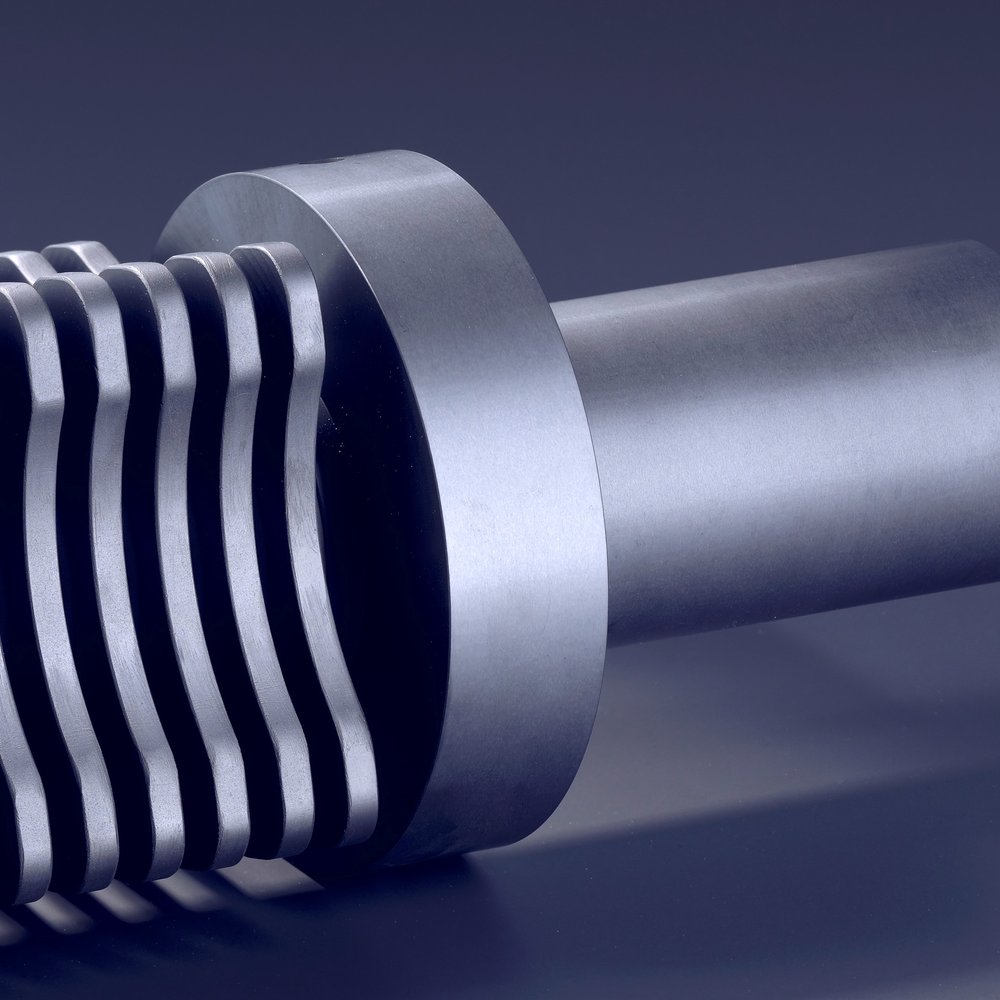Rolling and plain bearings
The main overall advantages of ceramic bearings over steel bearings are the longer service life, higher speed range, better emergency running properties and the list could go on.
Ceramic bearings are particularly popular in the chemical, plant engineering and special machine construction industries where bearing components must have a particularly long service life, resistance to abrasion (and possibly corrosion), as well as a high resistance to "adhesive seizure". Ceramics often do not require separate lubricants and can instead be used under media lubrication, while still being able to build up a tribologically advantageous, hydrodynamic lubricating film.
In rolling bearing technology, hybrid bearings have often been used. This is where the inner and outer rings are made of steel and either balls or cylindrical, tapered or barrel rollers are made of Silicon nitride ceramic.
The main advantages of hybrid bearings over steel bearings are besides the above, lower operating temperature and electrical insulation between inner and outer ring due to the ceramic balls.
When hybrid bearings are used in precision machining equipment, a higher rigidity and lower thermal expansion can ensure better surface quality and precision of machined workpieces.
In all-ceramic rolling bearings, both the balls and the rings are made of ceramic. They are preferred when aggressive or abrasive media cannot be isolated from the bearings, or high operating temperatures make the use of ceramics essential.






![[Translate to Englisch:] [Translate to Englisch:]](/fileadmin/_processed_/2/f/csm_zro2_zyk_3_ea4b0ebaff.png)